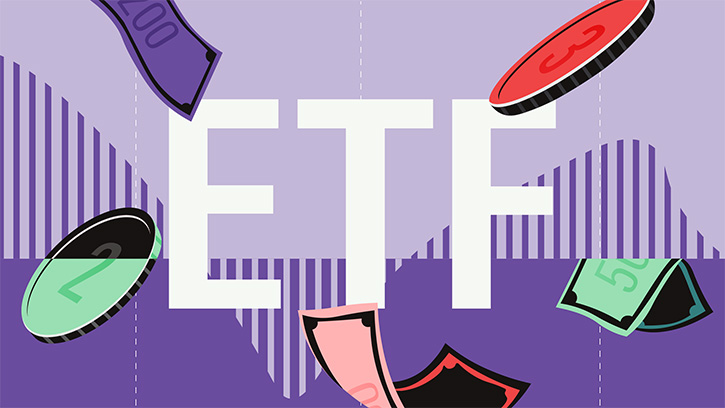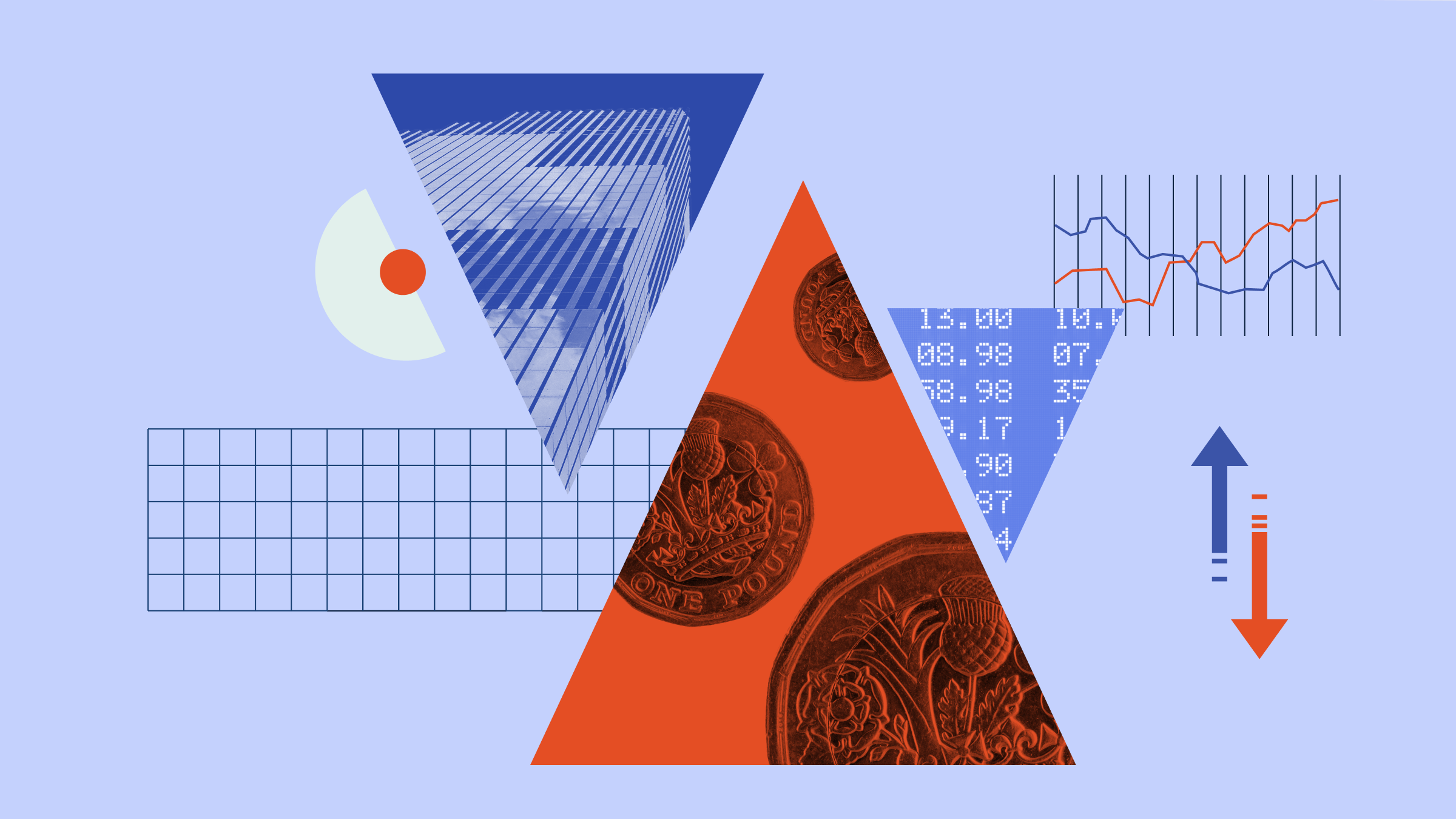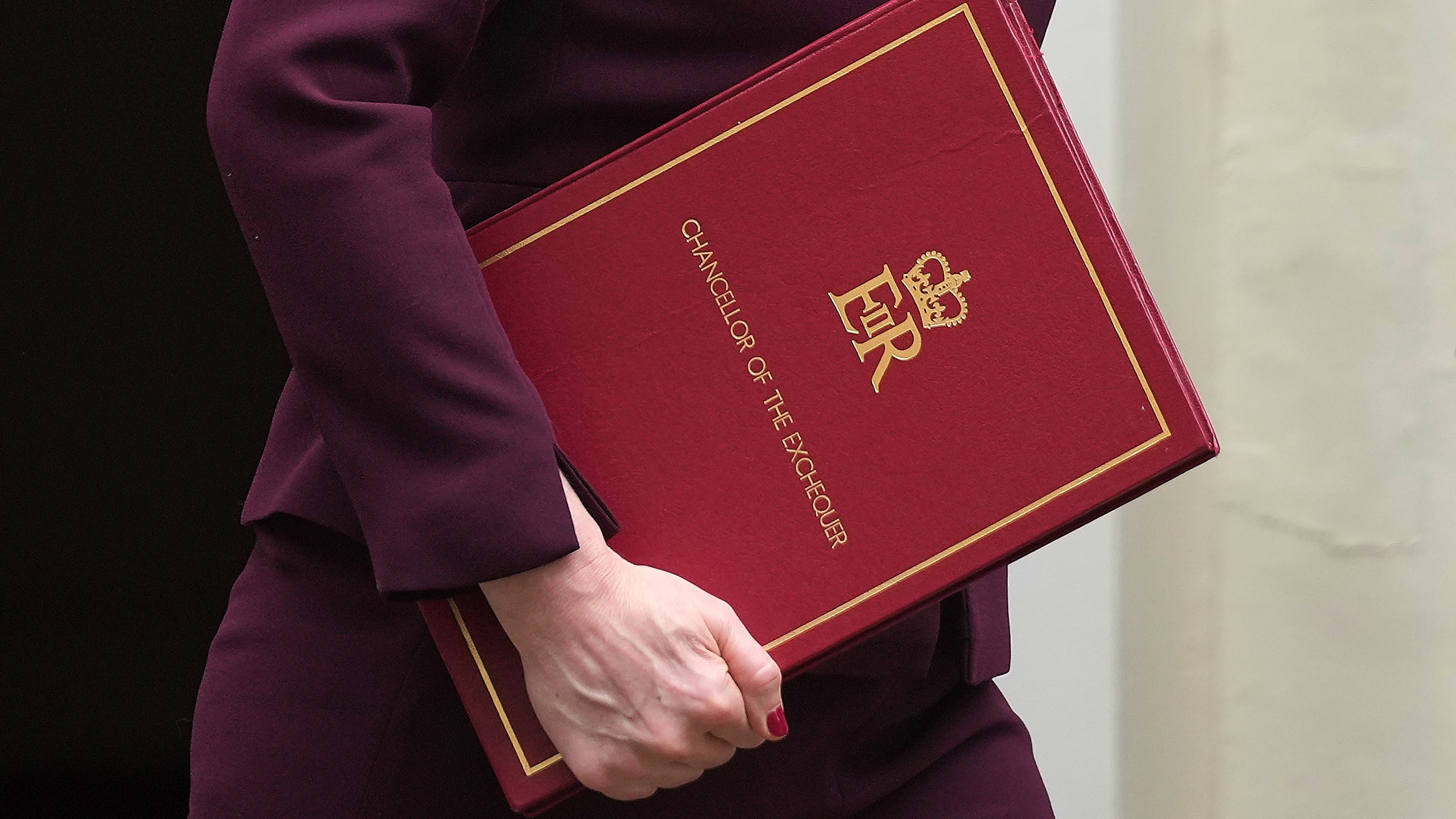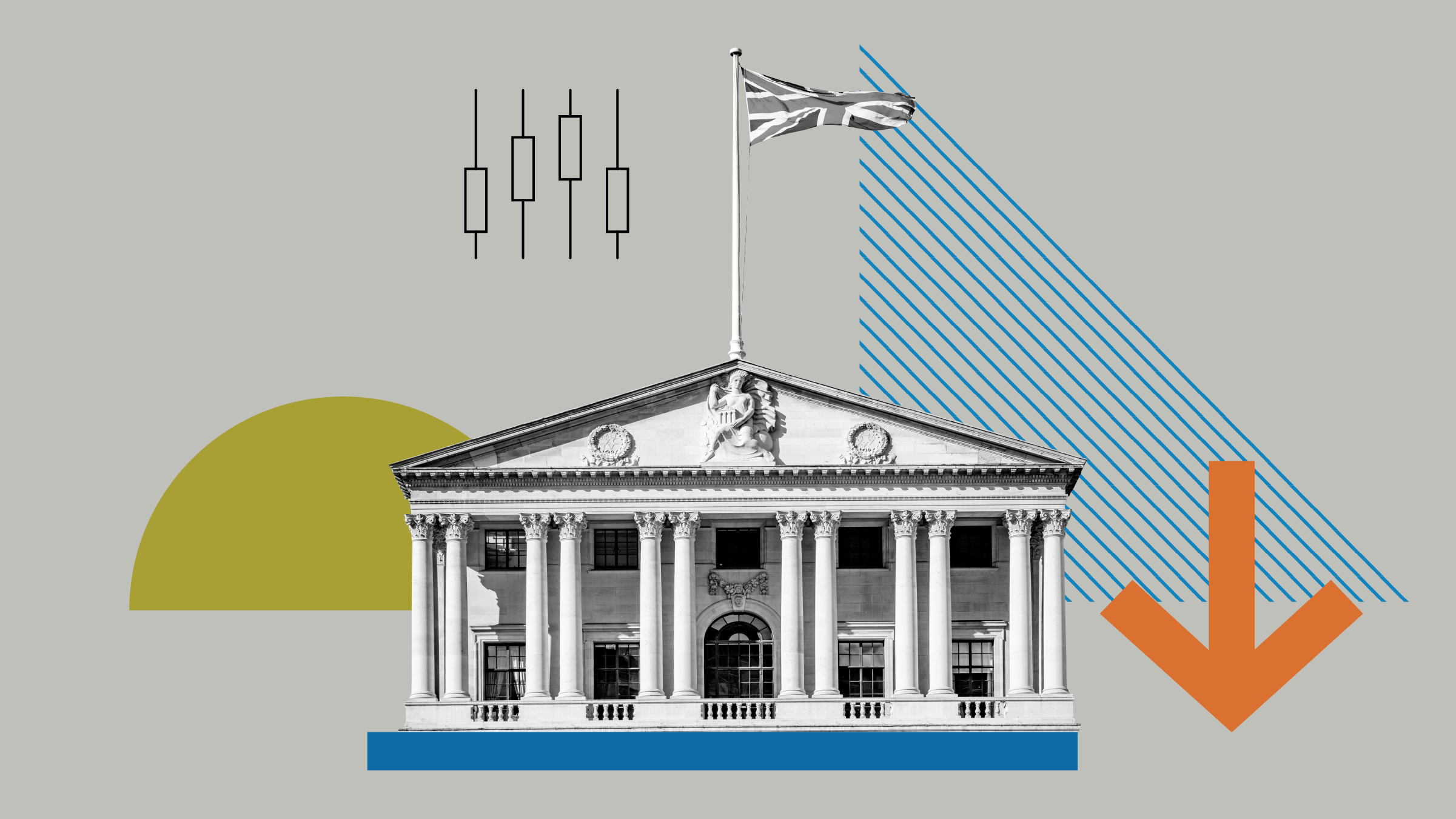
There are about 46 percentage points between the best- and worst-performing exchange-traded products (ETPs) in October, with returns for the month ranging from 21.1% to -25%. That’s according to Morningstar data.
We have looked at the key trends in the tenth month of the year, excluding inverse and leveraged funds. These instruments, being purely passive products, reflect the evolution of the markets without the bias (good or bad) of an active manager.
The Leaders
In October, the list of Top 15 best performing ETPs is largely dedicated to the US energy sector. The podium is composed by three trackers of the S&P Energy Select Sector Index, which includes large US energy companies in the S&P 500. With 23% and 19% of the portfolio, respectively, Exxon Mobil Corp (XOM) and Chevron Corp (CVX) are the two biggest names of these ETFs.
Both of them have reported exceptional quarterly earnings: Exxon’s $19.7bn profit for the third quarter outstripped the record $17.9bn it reported for the previous quarter, meanwhile Chevron reported adjusted earnings of $10.8 billion, a 90% increase on the year-ago period, even though below the second-quarter’s $11.4 billion.
The Turkish stock market also did well, gaining around 19% last month. The Istanbul Stock Exchange hit its highest level since February 2021 thanks to the unconventional decision to cut interest rates to 10.5%, despite a soaring inflation (over 85% year on year).
Against a backdrop of negative real rates, domestic investors are seeking refuge from the price explosion in cheap equities, driving up prices, especially in local currency.
Despite a performance of 40% since the beginning of the year (in GBP, as of October 31), Turkish stocks are still incredibly cheap on a price/earnings (P/E) basis.
According to JPMorgan analysts, Turkey is currently the cheapest market in the entire CEEMEA region (Central and Eastern Europe, Middle East and Africa). This is especially true for banks and financial companies, which had a very low P/E of 2.2 at the end of August, down from the recent high of 6.0 reached in early 2021.
The Laggards
The ranking of the worst-performing ETFs in October, on the other hand, sees as many as nine ETFs exposed in various ways to the Chinese stock market. At the top: KraneShares CSI China Internet ETF USD (KWEB), whose goal is to deliver the performance of China-based traded companies whose main business comes from online. It posts a loss of 25% in the month.
Not that this is a big surprise. Indeed, the Chinese stock market plummeted in reaction to last month’s 20th Communist Party Congress and the political reshuffle in which President Xi Jinping retained power and was joined by more of his allies, thus dashing hopes for a change regarding the zero-Covid policy.
Investors therefore remain very cautious about the future of the Dragon, which has been experiencing a deep financial crisis for at least three years, with strong repercussions in the real estate sector.
Finally, the price of palladium was arguably pressured by global recession forecasts, as central banks continue to aggressive tighten monetary policies to control inflation.
The Biggest
Monthly top and flop performers often coincide with very volatile and therefore risky products, which should play a satellite role in your portfolio. Below you have an overview of the biggest European-domiciled ETPs in terms of assets, which could be more appropriate to consider among core holdings. Performances in October 2022 go from -5.7% of the iShares Core MSCI EM IMI UCITS ETF (EIMI) up to the iShares MSCI USA SRI UCITS ETF USD (SUAS), which gained 5.3% last month.





























